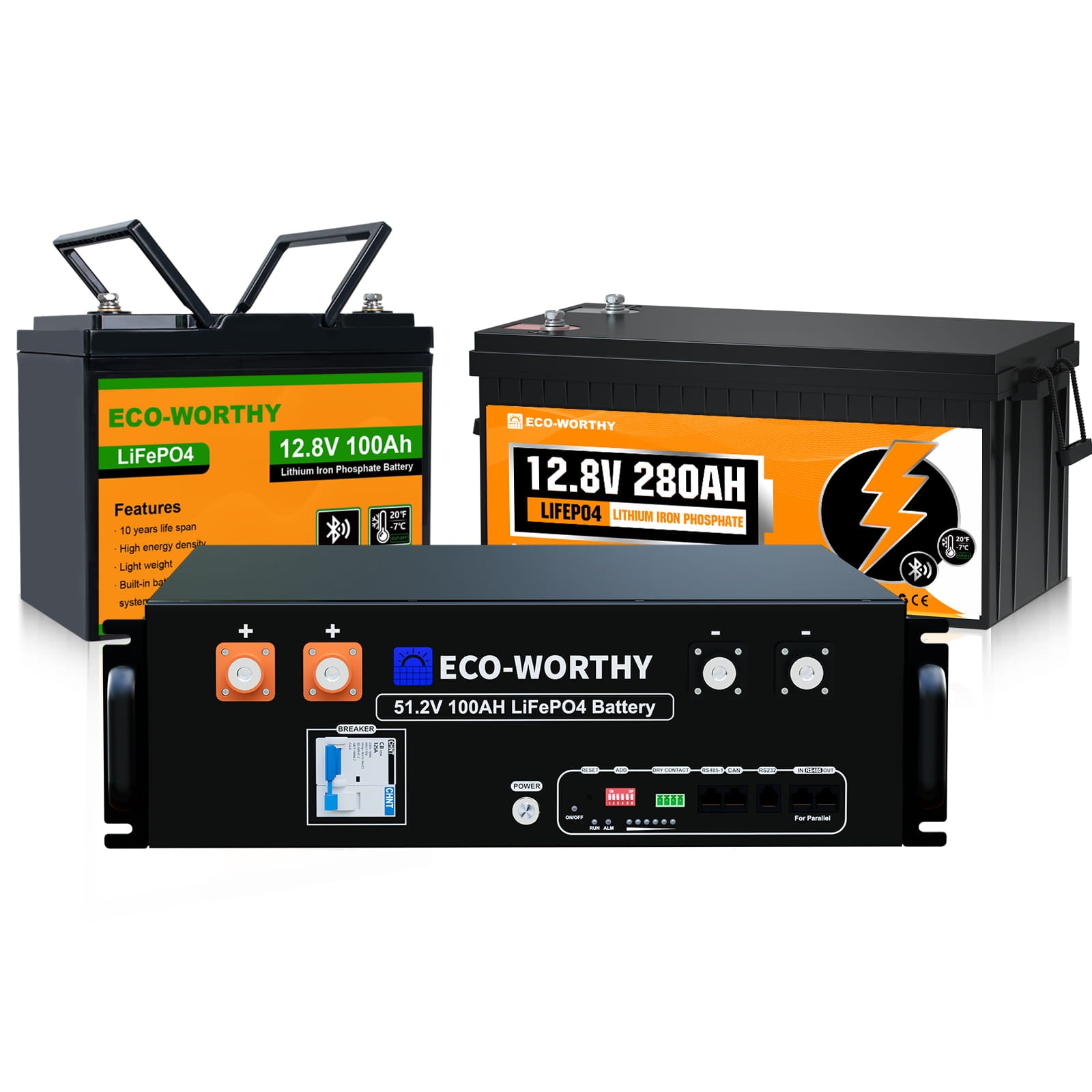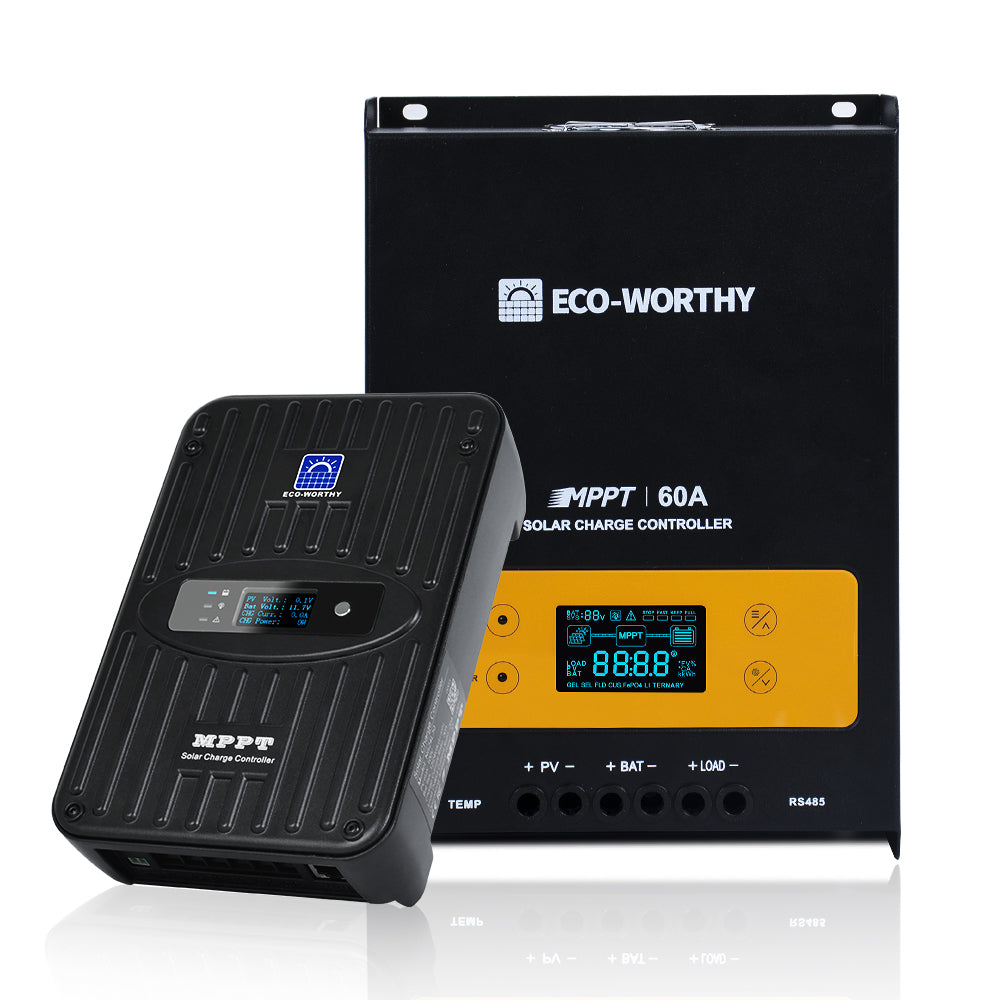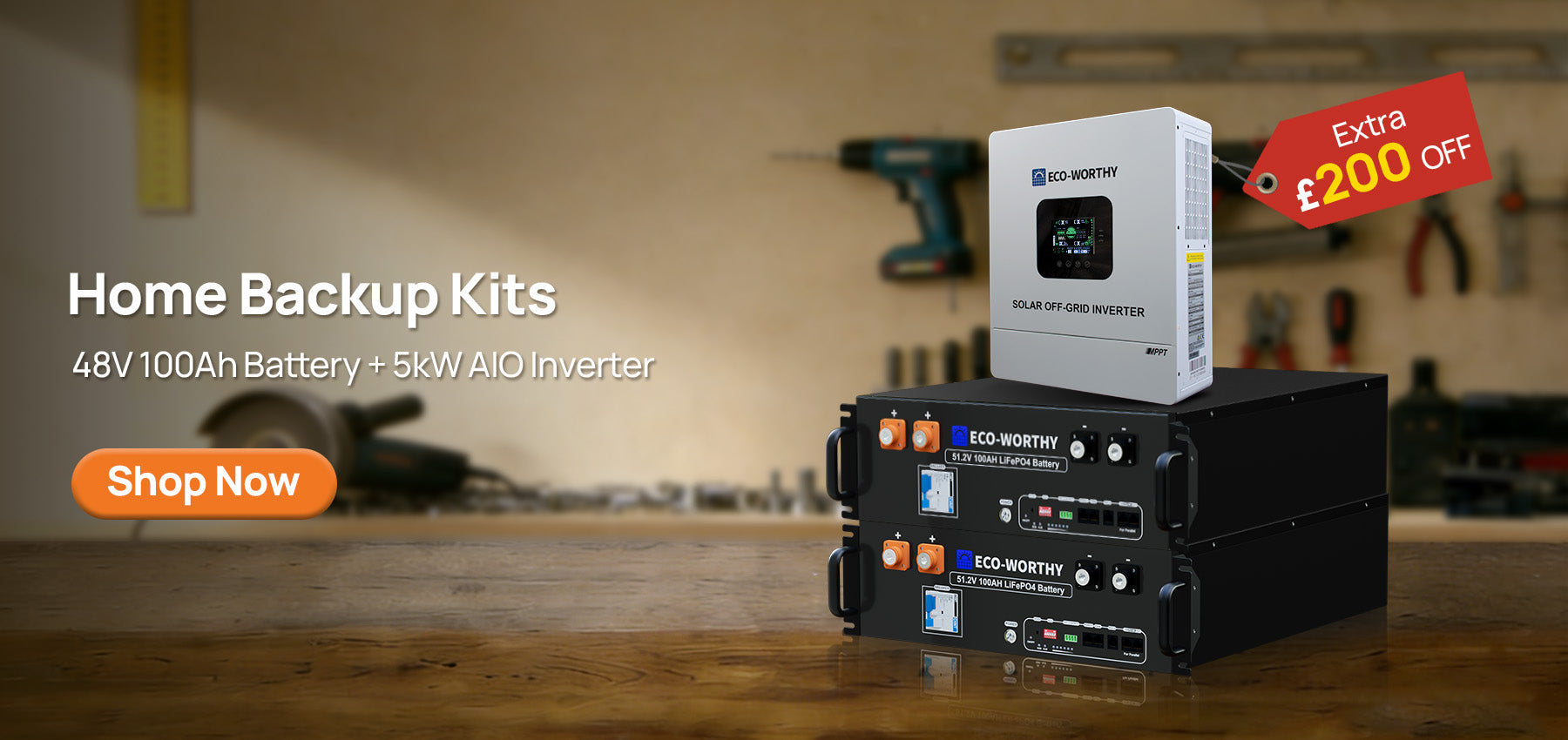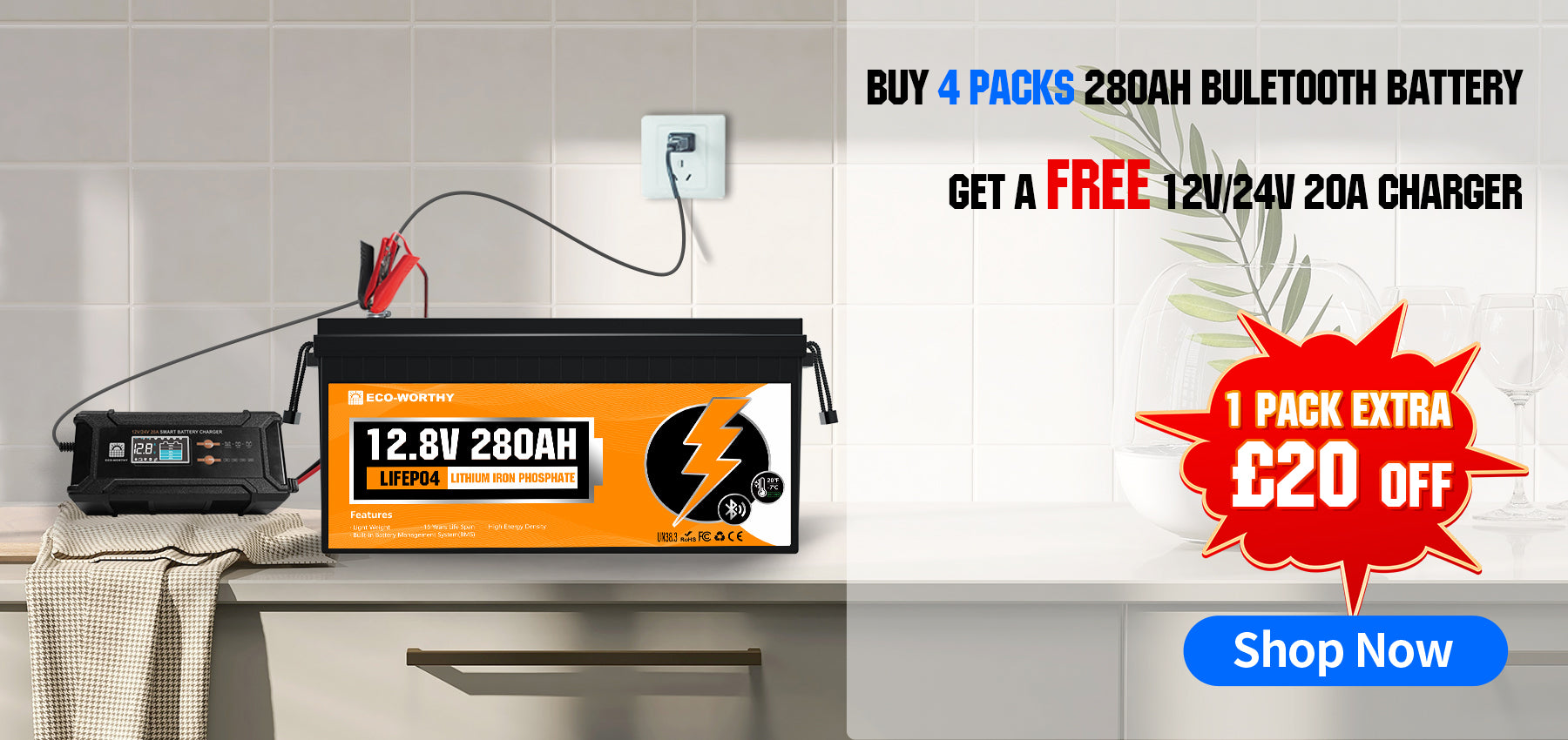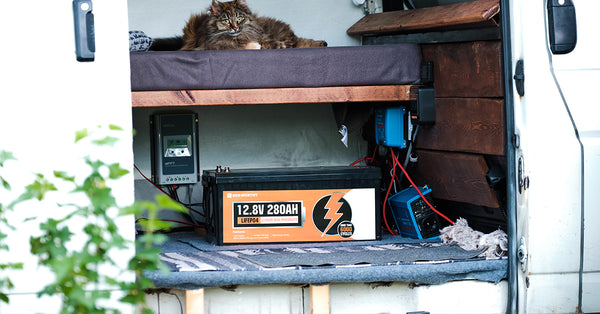Navigation
- How to Identify Counterfeit Lithium Batteries
- Essential Considerations When Purchasing Lithium Batteries
- Invest in Genuine Lithium Batteries for Safety and Performance
It is crucial to invest in genuine, high-quality lithium batteries to ensure the safety and performance of your devices. However, the market is inundated with counterfeit batteries that can pose significant risks. This guide aims to help you identify fake lithium batteries and make well-informed purchase decisions. We will cover topics such as packaging verification, build quality assessment, brand research, price comparisons, and performance testing. Additionally, we will discuss key factors to consider when purchasing lithium batteries, including selecting the appropriate battery type, evaluating the manufacturer, ensuring compatibility, and understanding warranties and battery management systems.
How to Identify Counterfeit Lithium Batteries
Fake lithium batteries can be tricky to spot, but there are several methods you can use to identify them. By following these tips, you can reduce the risk of buying counterfeit batteries.
1. Check the Packaging
Pay close attention to the packaging and labels. Genuine lithium batteries will have high-quality, error-free packaging. Watch out for misspellings, poor grammar, or blurry images. Fake packaging often lacks important information, like the manufacturer's address, website, or contact details. They may also have incorrect or missing safety certifications and logos.
2. Assess the Build Quality
Take a good look at the battery's construction. Fake lithium batteries often have poor build quality, with misaligned parts, uneven surfaces, or sloppy welding. Genuine batteries use high-quality materials that feel sturdy and well-made. Counterfeit batteries may feel lighter, flimsier, or have a cheaper plastic casing.
3. Research the Brand and Certifications
Do your homework on the brand. Check the manufacturer's website to make sure the battery's brand and model are legitimate. Look for safety and quality certifications from recognized organizations, like BSI, CE, or RoHS. Double-check the authenticity of these certifications on the organization's website.
4. Compare Prices
If a deal seems too good to be true, it probably is. Be cautious of lithium batteries that are much cheaper than the competition. Research the typical price range for the specific battery you need. If a deal is way below that range, it's likely a fake.
5. Test the Performance
If possible, test the battery's performance by running it through several charge and discharge cycles. Fake batteries may have shorter lifespans or inconsistent performance compared to genuine ones. Use the battery in your device and keep an eye on its performance over time. If the battery life is much shorter than expected or advertised, it could be a counterfeit.
Essential Considerations When Purchasing Lithium Batteries
When shopping for lithium batteries, it's important to keep a few key factors in mind to ensure you're getting the best product for your needs.
1. Choosing the Right Battery Type
Lithium batteries come in different types, like lithium-ion and lithium polymer. Each type has its own advantages and disadvantages. Lithium-ion batteries are commonly used in consumer electronics, while lithium polymer batteries are often found in RC vehicles and drones. Think about how you'll be using the battery and choose the type that best fits your needs.
2. Evaluating the Manufacturer and Brand
Do some research on the manufacturer and brand before making a purchase. Look into the company's reputation, how long they've been in business, and what other customers have to say about their products.
3. Making Sure the Technical Specs Match Your Needs
Check the battery's technical specifications to make sure it's compatible with your device or system. Pay attention to the capacity (mAh), voltage (V), and physical size of the battery. Getting the wrong specs could mean the battery won't work with your device or could even cause damage.
4. Understanding Warranties and Support
Look for batteries that come with a warranty from the manufacturer. A warranty shows that the company stands behind their product and will help you out if something goes wrong. Also, check what kind of customer support the manufacturer offers, like a helpline or email support, in case you have questions or issues down the road.
5. Thinking About a Battery Management System (BMS)
A Battery Management System (BMS) is an electronic system that monitors and manages the performance and safety of a lithium battery. It can help prevent overcharging, overheating, and other issues that can damage the battery or even cause a fire. If you're using a large lithium battery or multiple batteries together, a BMS is a smart investment for long-term performance and safety.

Invest in Genuine Lithium Batteries for Safety and Performance
When purchasing lithium batteries, it's crucial to prioritize quality and safety. By following the tips in this guide, you can avoid the risks of counterfeit batteries and ensure that your devices are powered by reliable, high-performing energy solutions. Take the time to research brands, compare prices, and consider factors like battery type, compatibility, and warranty support. Investing in genuine, high-quality lithium batteries may cost more upfront, but the long-term benefits of safety, reliability, and extended lifespan make it a smart choice for powering your devices.


